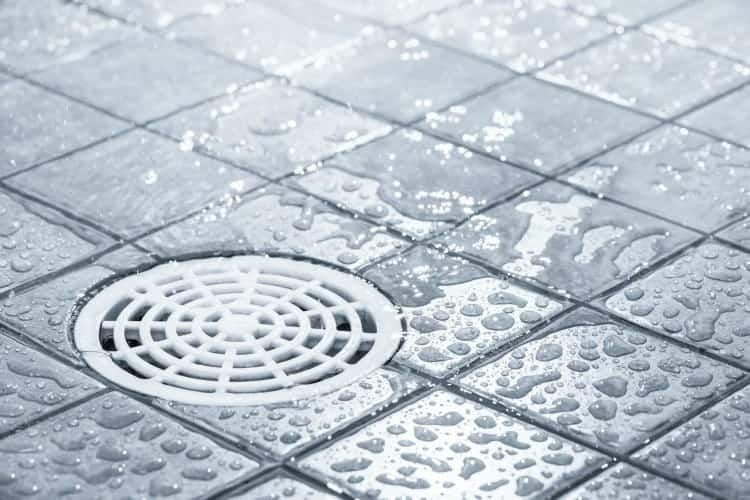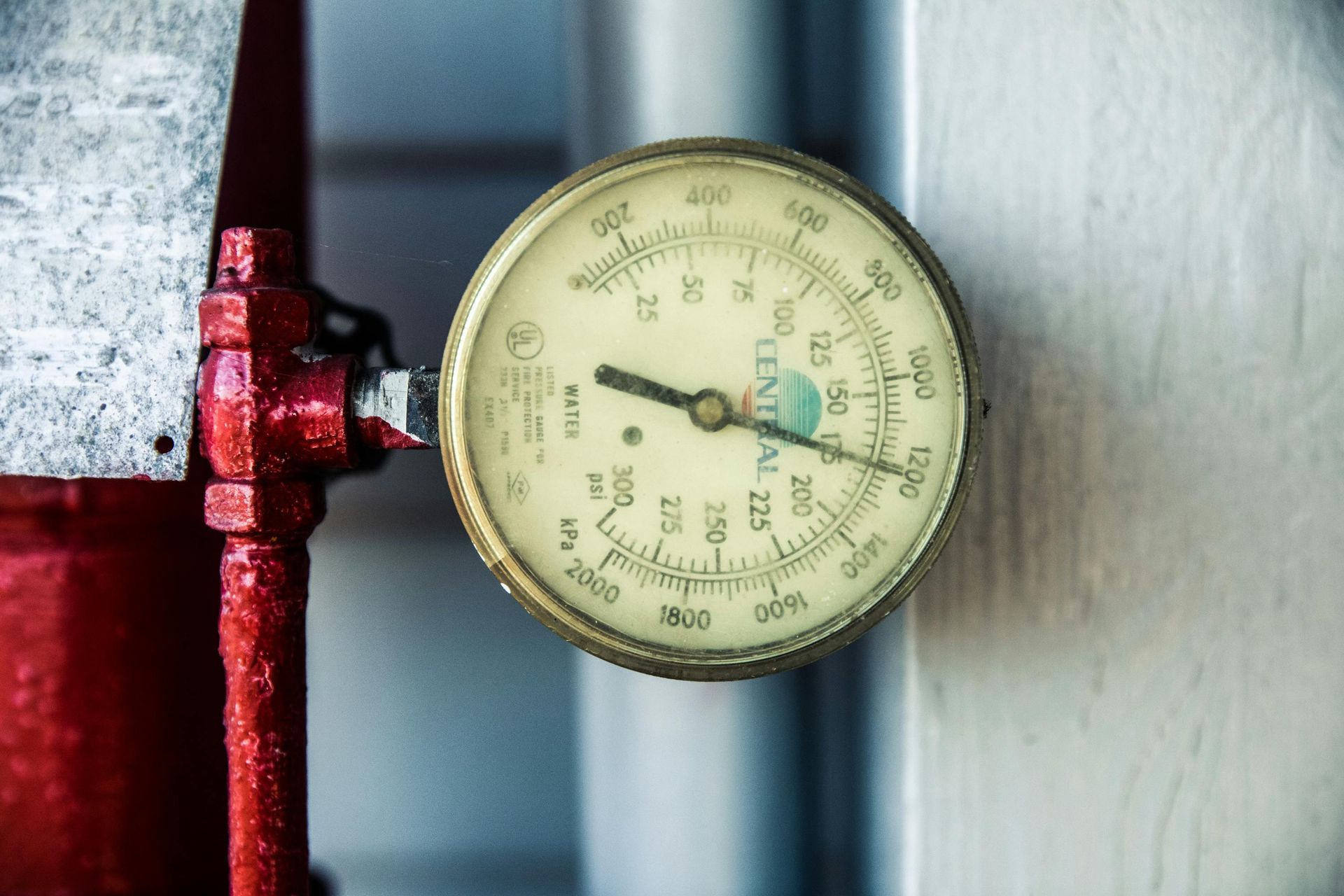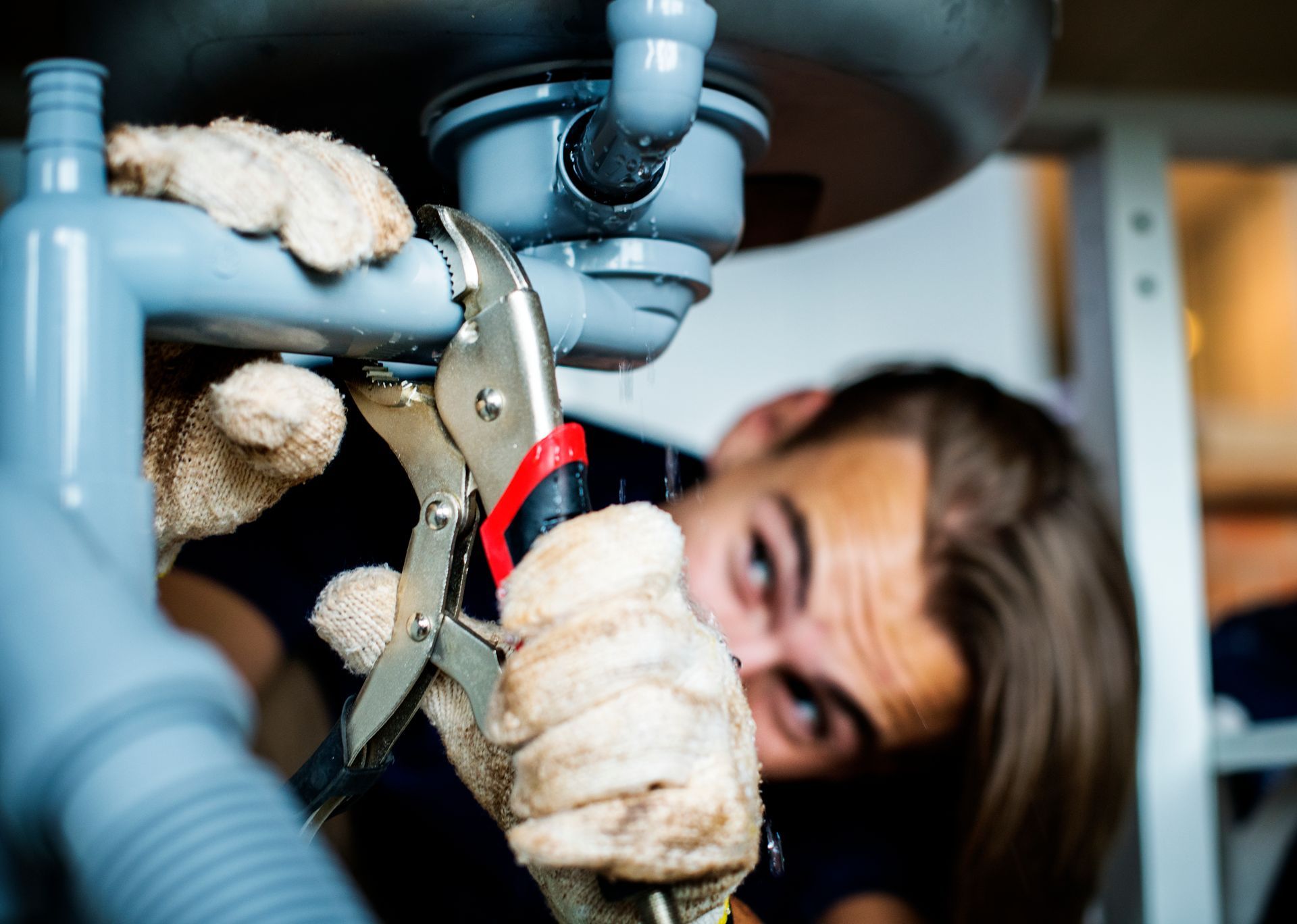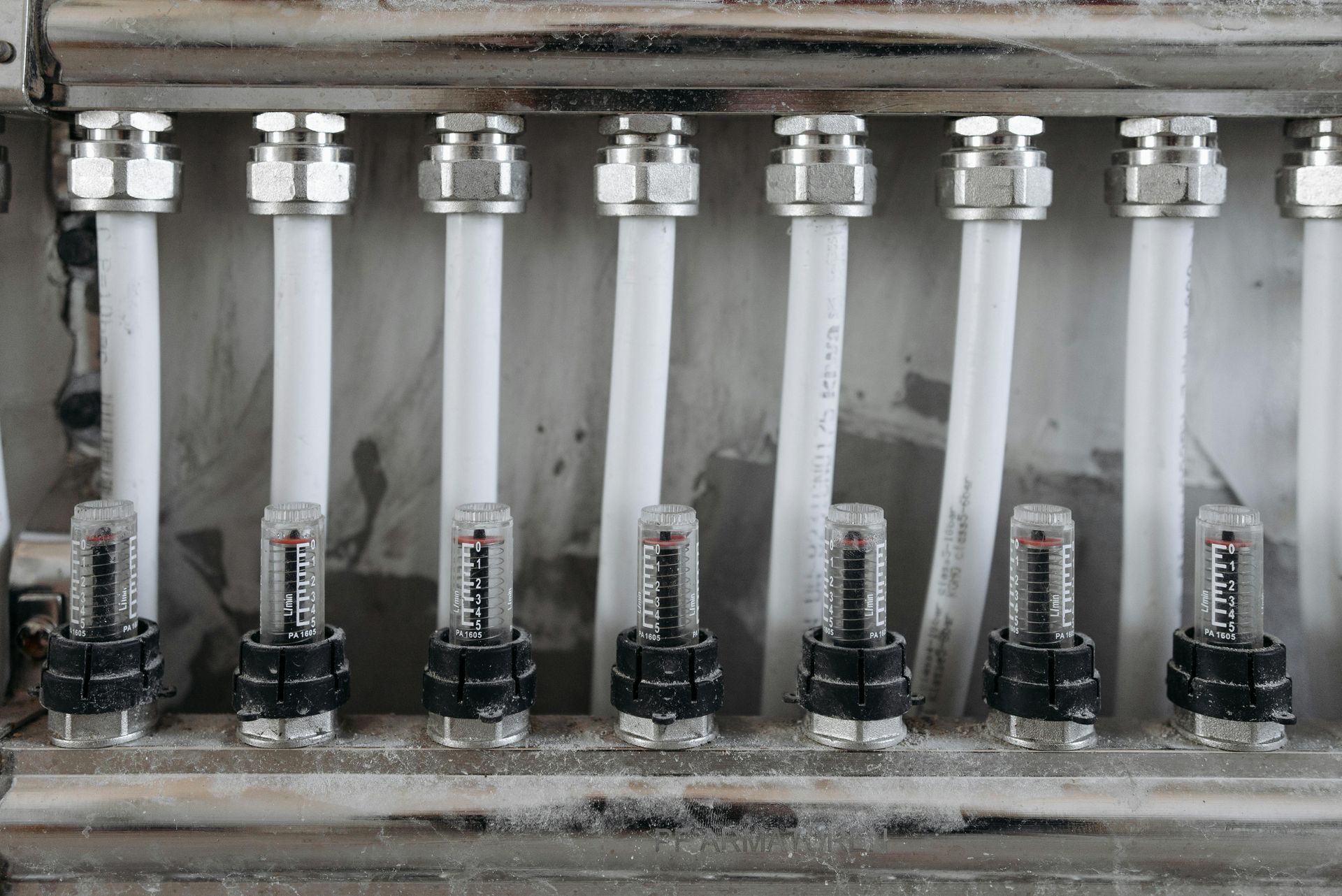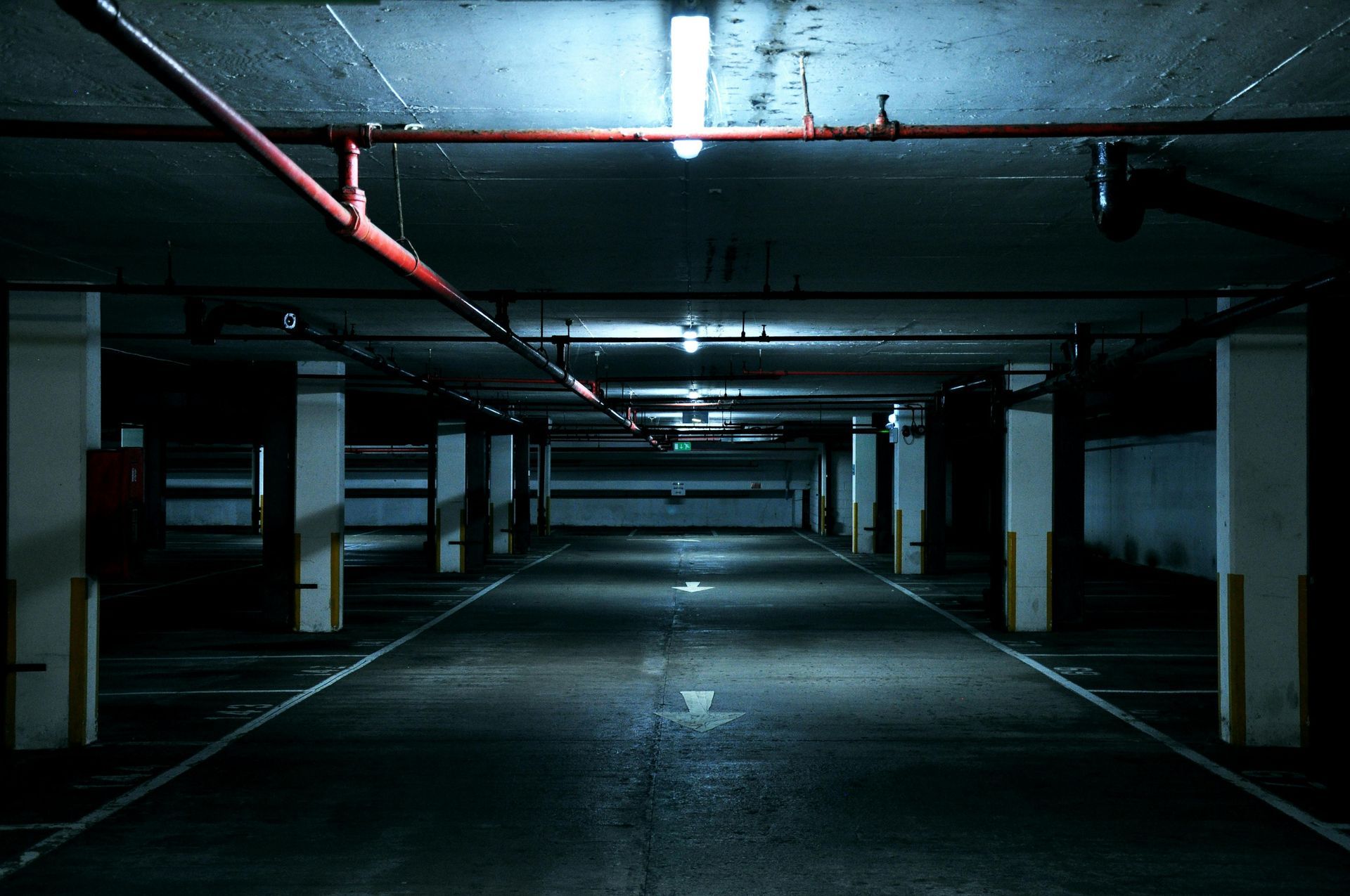How To Properly Maintain Your Washing Machine Hoses?
Maintaining your washing machine hoses is a crucial aspect of home care that protects your property from leaks, flooding, and unexpected water damage. Overlooked by many homeowners, these hoses are responsible for delivering water to your washer and safely removing wastewater after each cycle. When neglected, even a minor hose failure can lead to significant property damage and the need for costly emergency services. This comprehensive guide will walk you through the best practices for inspecting, cleaning, and replacing your washing machine hoses, with insights from industry professionals such as All City Plumbers. You’ll also see how these habits fit into a broader routine of home maintenance, much like the steps you take to maintain your lawn sprinklers.
Understanding the Importance of Washing Machine Hose Maintenance
Washing machine hoses are under constant pressure and are subject to wear and tear over time. The most common types are rubber and stainless steel braided hoses, with the latter being far more durable and resistant to bursting or kinking. Even so, all hoses have a limited lifespan and should be checked regularly for signs of deterioration. A burst hose can release hundreds of gallons of water in just an hour, causing extensive damage to floors, walls, and personal belongings.
Much like the regular attention you give to maintain your lawn sprinklers, your washing machine hoses require periodic inspection and care to ensure optimal performance and prevent emergencies.
Routine Inspection and Cleaning
Experts recommend inspecting your washing machine hoses every few months, or at least three times a year. Use a flashlight to carefully examine the entire length of each hose, looking for cracks, bulges, blisters, or kinks. Feel around the fittings for any signs of moisture or corrosion, which may indicate a slow leak. Dust and debris should be wiped away from hoses and connectors to prevent buildup that could hide early warning signs.
Check for leaks by running your hand along the fittings and hose ends. Even if you don’t see water, a damp or corroded fitting could signal a slow leak that needs to be addressed. Tighten any loose connections, but avoid overtightening as this can damage fittings or strip threads.
Cleaning the inlet filters is also important. Lint, hair, and debris can clog these filters, reducing water flow and impacting your washer’s efficiency. Locate the filters (usually at the bottom front of the washer), remove and clean them monthly, especially if you wash pet bedding or heavy fabrics.
When and How to Replace Washing Machine Hoses
Regardless of visible wear, it’s best practice to replace washing machine hoses every three to five years. If your machine is used heavily or the hoses show any signs of damage, replace them sooner. Stainless steel braided hoses are recommended for their strength and longevity, offering better protection against leaks and bursts than standard rubber hoses.
To replace a hose, first turn off the water supply and unplug the washer. Use pliers to loosen the fittings and have a bucket handy to catch any residual water. Remove the old hose and attach the new one, tightening the fittings securely but not excessively. Ensure the hoses are not twisted or kinked during installation, as this can lead to premature failure.
Additional Tips for Preventing Hose-Related Water Damage
Turn off the water supply to your washing machine when not in use, especially if you’ll be away for an extended period. This reduces the pressure on hoses and fittings, extending their lifespan and lowering the risk of leaks. Consider installing a water hammer arrestor to absorb pressure surges that can stress hoses after each wash cycle.
Keep the area around your washer clean and dry, and leave the washer door open for 15 to 30 minutes after each use to prevent mold and bacteria buildup inside the machine. If you notice slow drainage or excessive vibrations, clean the drain pump filter to prevent blockages and maintain efficient operation.
When to Call the Professionals
If you encounter persistent leaks, corroded fittings, or are unsure about the condition of your hoses, it’s wise to call in experts like All City Plumbers. Professional plumbers can assess your plumbing system, recommend the best hose options, and ensure all connections are secure and up to code. They can also provide guidance on broader plumbing maintenance routines, helping you avoid emergencies and costly repairs.
Should a hose burst or a major leak occur, don’t hesitate to contact emergency services to minimize water damage and restore your home’s safety.
Integrating Hose Maintenance with Broader Home Care
Maintaining your washing machine hoses should be part of a comprehensive home maintenance plan, similar to how you maintain your lawn sprinklers or schedule regular HVAC servicing. By staying proactive, you protect your appliances, reduce the risk of water damage, and ensure the smooth operation of your household.
Conclusion
Proper maintenance of your washing machine hoses is a simple yet vital task that can prevent major water damage and expensive emergency services. Regular inspection, timely replacement, and prompt attention to leaks are key. For added peace of mind, consult professionals like All City Plumbers for expert advice and installation. By making hose maintenance a regular part of your home care routine—just as you would maintain your lawn sprinklers—you’ll enjoy reliable laundry performance and a safer, more efficient home.

